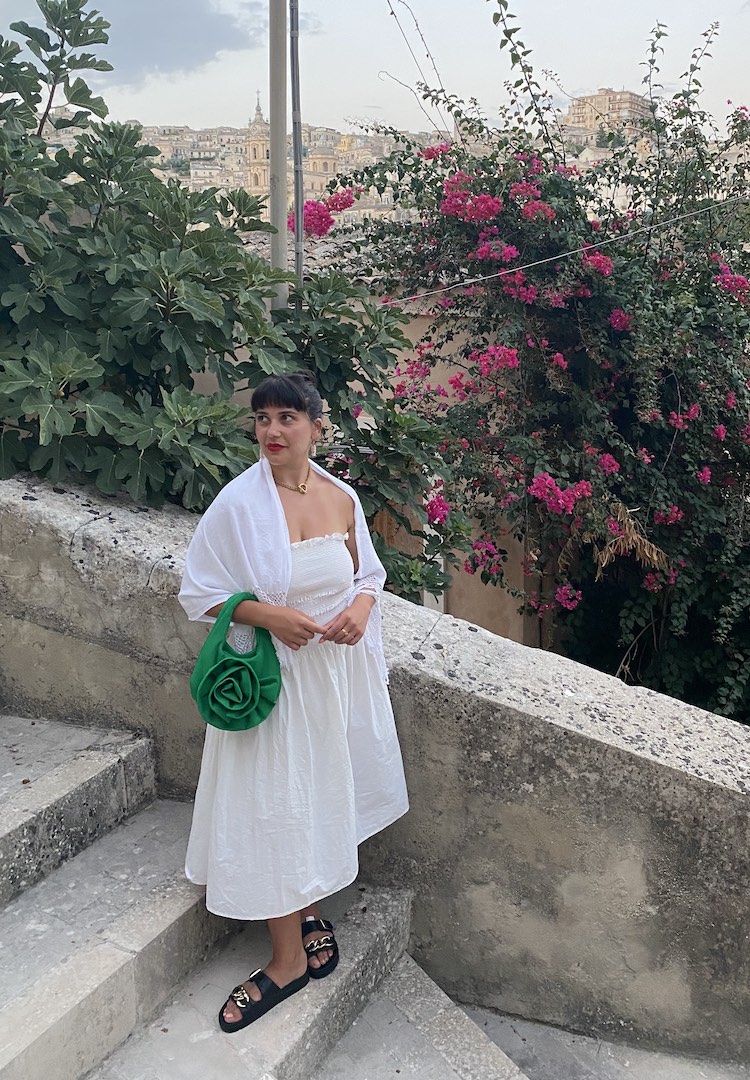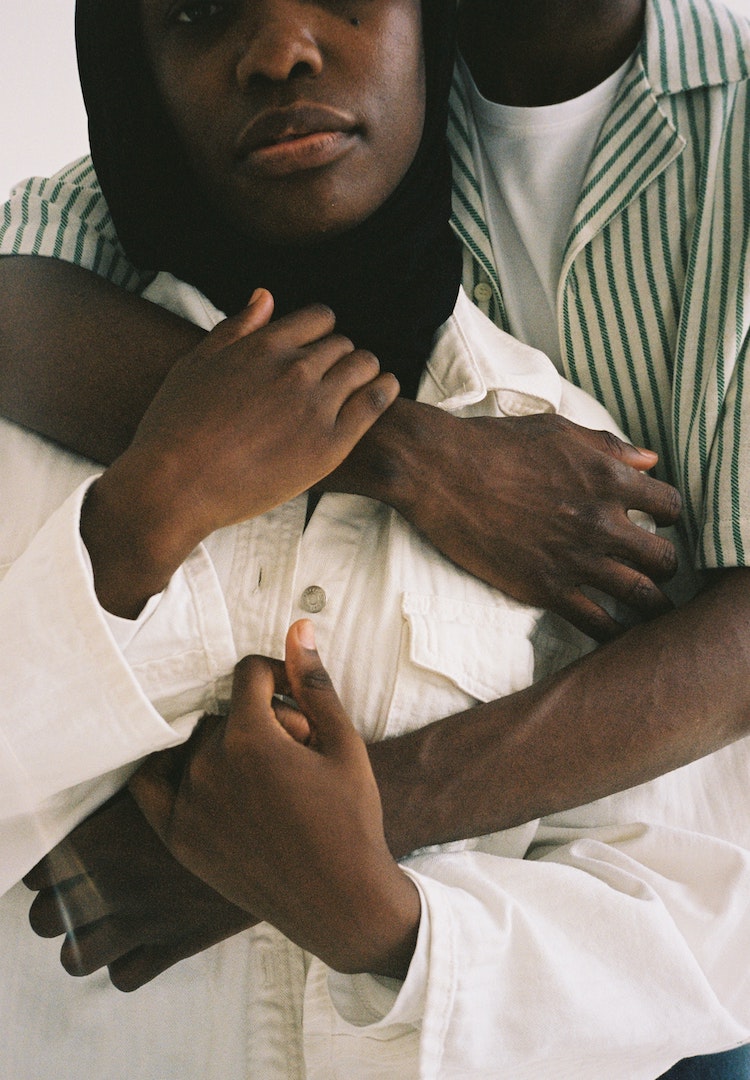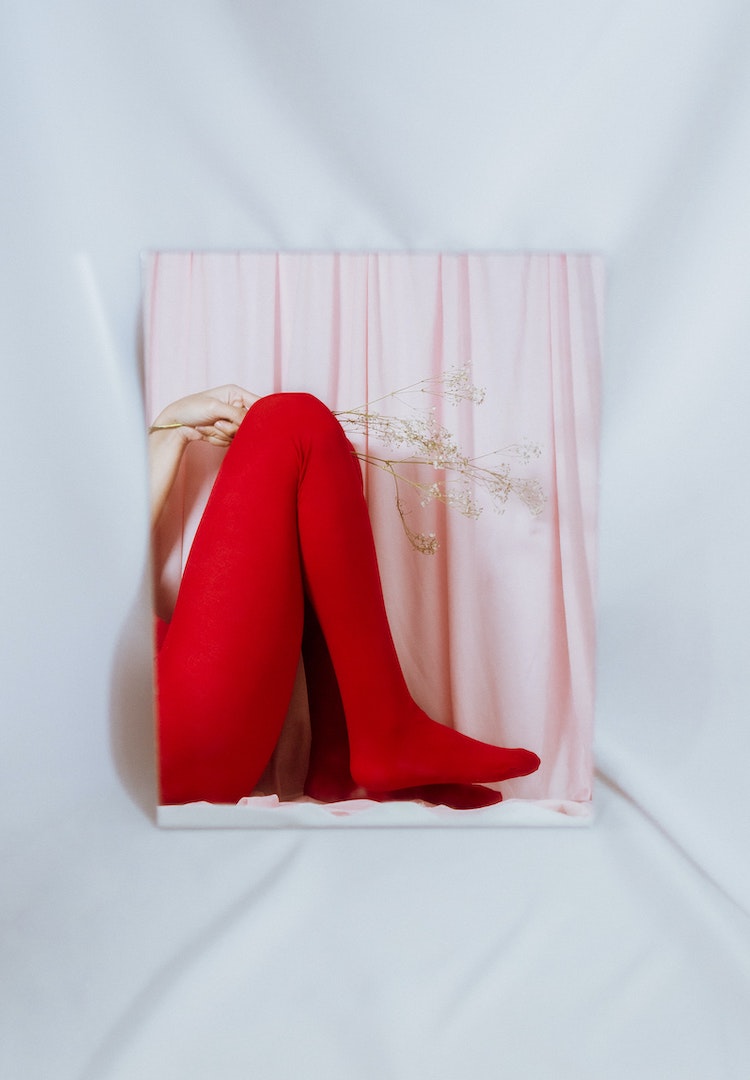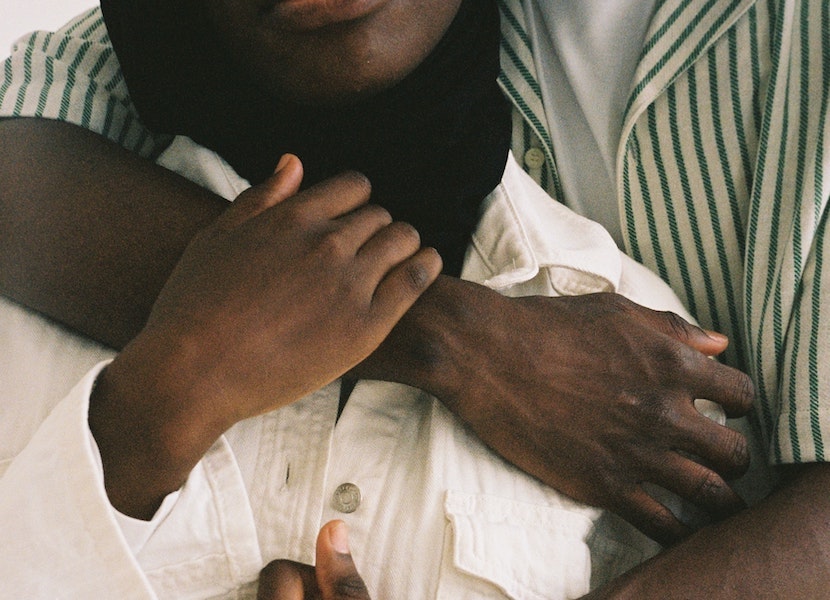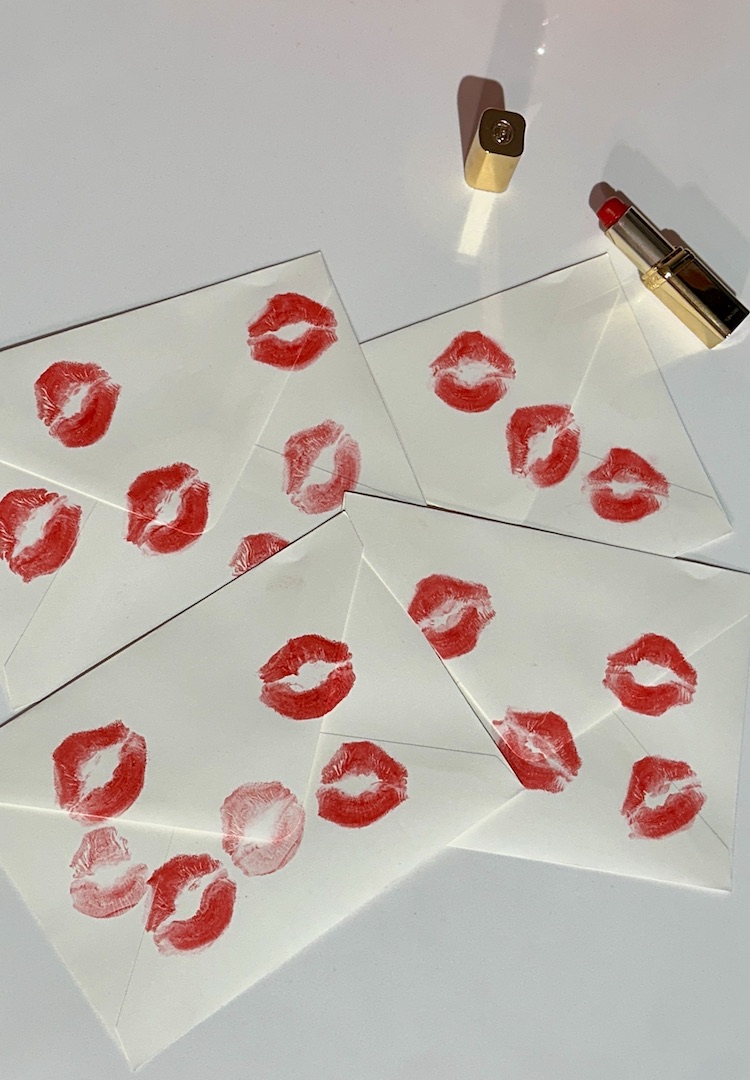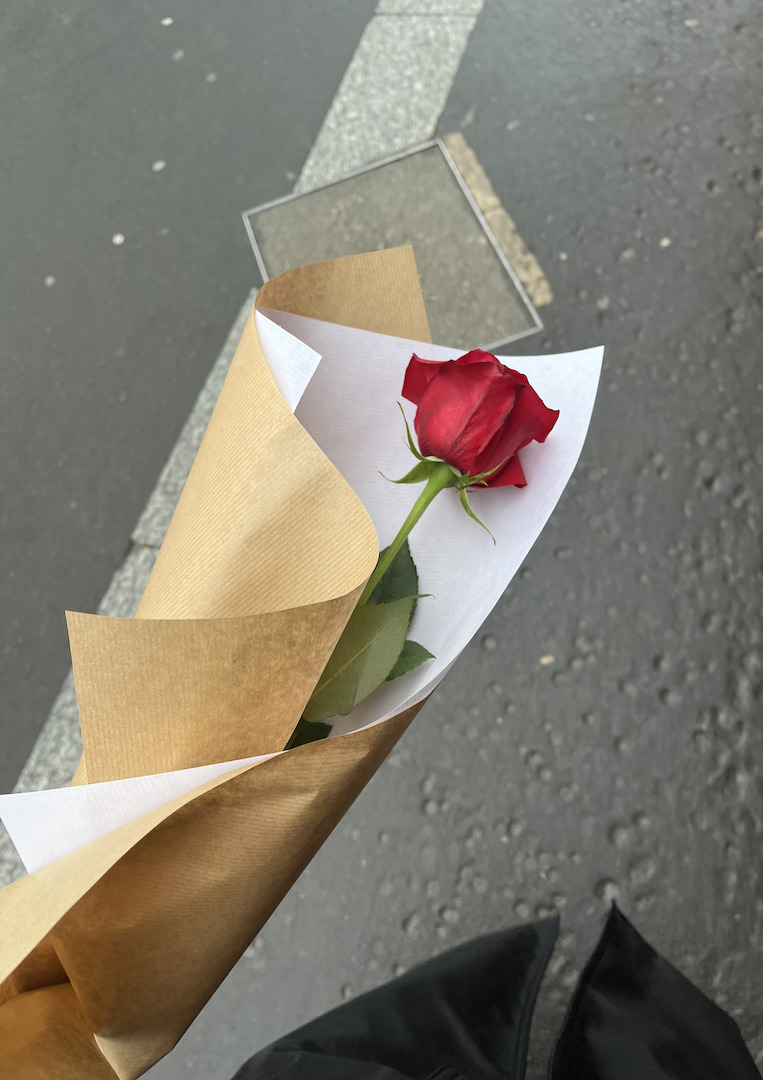Navigating relationships and neurodiversity: An excerpt from Australian novelist Kay Kerr’s new book, ‘Love and Autism’
Words by Kay Kerr
“He cited hilarious examples, like how I make awkward jokes around death. You mean, nobody else does that?”
Noor’s brother – not the one she travelled overseas with but the one who stayed home – is keen for her to meet a friend he has made at his gardening club. He admits he does not think this guy is exactly Noor’s type, but might she give him a chance anyway?
‘I remember the first time I saw him, this guy in the group, I didn’t have that bolt of instant attraction. I was disappointed, but I also thought, “This is different. Maybe it’s good.”’
Looking for more thought-provoking reads? Try our Life section.
Noor decides to take matters into her own hands. She wants to be in control of her destiny. ‘I sent him a Facebook message, asking some random plant-related question. I don’t normally do stuff like that, I would not normally ask stuff [of] a random guy I just met. He thought, “Oh, she’s really interested in gardening.” He was completely clueless.’
Then, during Ramadan, Noor asks her brother and their teachers if they can find out whether this guy is interested in her or if he is just being a nice guy. They tell her to wait until the holy month is over. Noor is frustrated; she hates waiting and wants to know for sure whether or not she should be expending her energy on this burgeoning connection.
‘So I reached out. I was really direct and blunt, and said, “I heard from our mutual friend you’re interested, so let’s start talking.” He said, “I never spoke to our friend about it, but I am interested, thank you.”’
Anyone who had found her approach too forward would not have been the right person for Noor, and she is happy that this marks the start of their getting to know one another. ‘I could just tell by the way he interacted with everybody else that this is a gentle soul,’ she says.
In a traditional courting move, Noor and the guy sit across from one another in the living room at Noor’s mother’s home with a list of ‘One hundred questions to ask your prospective spouse’. ‘That is the way Muslim culture works, and it is a spectrum, always, but I printed it out and we did it,’ she says. ‘And it was really nice to hash things out from the beginning.’
On their second meeting, Noor puts everything on the table. She tells him about her bipolar diagnosis, about being on medication, about how much she has been through. ‘I really wanted to be honest; I had heard too many horror stories of people hiding diagnoses, and people being too afraid. That never leads anywhere good. You need honesty and transparency, particularly because you need your partner’s support during hard times,’ she explains.
‘I said, “If this is too much for you, just let me know now, because I don’t want to get invested in a relationship if it is.” ‘He goes quiet, so quiet. He says, “Let me think about it,” and he leaves.’ Noor’s sister consoles her as she cries, certain that it’s all over, that he has run for the hills. But he comes back. He thanks Noor for her honesty and admits he did not know much about bipolar, so he went away and looked it up.
From here, things move quickly. At 28 and 30 years old, they know what they want and Noor is sure she has found a life partner she can trust. They first met for coffee in August, and are engaged by October. Unexpectedly, it is Noor who proposes. She does so over email.
‘I thought, “If you’re happy and I am happy, I don’t see the reason to wait. I want certainty.” He was delighted,’ she says. ‘And I knew.’ He comes over with flowers and brings a ring Noor chose online. She loves this, as the concept of someone else proposing without knowledge of what kind of rings she likes and doesn’t like completely perplexes her. They plan for a wedding in January, which does not leave a lot of time for organising.
And just like last time, Noor’s anxiety spikes as the date gets closer. Only this time, she is anxious for entirely different reasons. ‘I kept thinking: What if he gets hit by a car? What if he dies? I knew that this was a good man, he wouldn’t abandon me of his own free will, but I got really worried about him dying.’
The day finally arrives and it goes off without a hitch. They have a simple Nikah ceremony at the mosque, which makes the marriage legitimate in the eyes of Allah. ‘We really followed the rules in terms of courtship, which was a green flag for me because he was so respectful.’
Following the traditions and rules of her faith makes Noor feel safe. It means they do not engage in any physical contact or declare their love for one another until after they are married. They have a small reception, by Muslim standards, of about 100 people. It is held in a marquee down by the river, and Noor’s friends and family help to decorate it. It is beautiful, but it is also a lot for Noor to handle.
‘Even though I loved having my closest people there, my high heels were uncomfortable, I was grumpy from having to smile all day,’ she says. ‘Now I look back and see it was sensory overload. One of his relatives said, “Well, what do you expect? It’s your wedding.”
That’s such a neurotypical response. Just push through, what’s the big deal? When you’re autistic, it is a big deal, and it’s a combination of so many big deals that all add up and end up being really uncomfortable.’
Noor and her husband are both glad when the reception is over and they can be alone. ‘I could kick off the heels, wash off the make-up, and we could just be together and relax,’ she says. When I think back to my own wedding, I think ‘one of the best days of my life’, hands down. The actuality of the day? It was more than a little overwhelming.
I did not sleep the night prior because I was in a new place, and my brain was fixated on sticking to the schedule for the day. My shoes hurt, I had so many interrupted conversations throughout the day I started to dissociate, and I hid in the ‘bridal room’ out the back for a lie-down towards the end. So with all of that in mind, yes, a day can be wonderful, but that does not mean it is not going to be overwhelming for an autistic person.
And both of those things can coexist. I promise we are not trying to be a downer. For their honeymoon, Noor and her husband drive to a little cottage in the country with a fireplace and a river where they can kayak. It marks the start of an important period in their relationship, as they spend time getting to know one another better.
‘It was me finally unmasking. Finally feeling safe. It was also him figuring out my moods,’ she says. It is Noor’s husband who first suggests that she might be autistic, long before she has come to this understanding herself.
‘He cited hilarious examples, like how I make awkward jokes around death. You mean, nobody else does that? But it was also my continual sensory struggles, stuff that is too bright or too loud, too cold, too hot. And how my capacity to endure physical discomfort is really limited. If I have a mild toothache, that’s something my husband could ignore for days, but for me my pain is all I can focus on.
‘It has taken me a while to accept that about myself, instead of feeling like I am weak, or something is wrong with me. I am just wired sensitively. This is how my body is. It is okay that this is how I am.’
Having a partner who not only sees her but holds space for her journey of self-discovery is something Noor is exceptionally grateful for. ‘We’ve been through a lot of ups and downs together, and he is still my best friend,’ she says.
This is an edited extract from Love and Autism by Kay Kerr, Macmillan Australia, available to purchase here.

